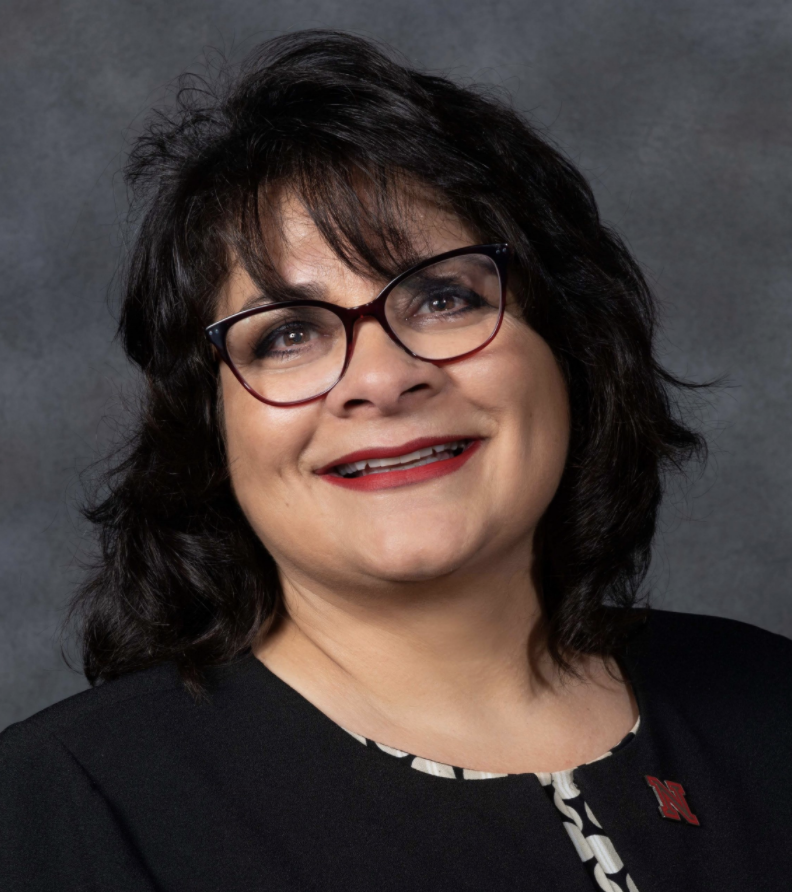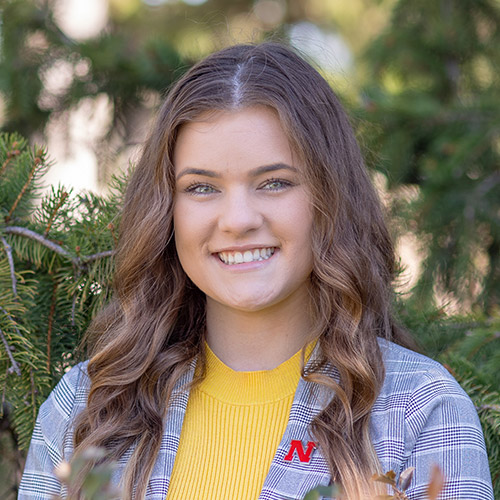
Rural Fellows Program Brings Inclusion Effort to Rural Nebraska
Healthy Communities include Diverse Ideas

As part of Rural Prosperity Nebraska, the Rural Fellows program has connected students and rural communities with opportunities through the University of Nebraska–Lincoln since 2013.
Helen Fagan, assistant professor of practice and coordinator of the Rural Fellows program at the University of Nebraska–Lincoln, pivoted and elevated the Rural Fellows program (originally called Serviceship) in 2018 to be a fellows program focused on creating inclusive envrionments. This program impacts not only the communities as a whole, but individuals as well.
“Through the Rural Fellows program, students and community leaders come together and learn how to work as a team with different backgrounds, experiences, degrees, programs, ages, values, and life beliefs,” Fagan said. “We want everyone to feel included and to know what inclusion feels like so they can create that environment in the workplace. In this way, leaders are developed in an inclusive way of thinking and practicing.”
Community health is often dependent on available healthcare, a prospering economy, and thriving social interactions, Fagan said. Physical and mental well-being is essential in maintaining good health, and good health comes from a prosperous community. Overall, a healthy human depends on a healthy community. Fagan said this program helps rural communities prosper in these ways.
Rural communities play an essential role in the United States, especially in Nebraska. The Rural Fellows Program shows students the value of working in rural America and brings new perspectives to communities.
“The fabric of what makes America great is the rural element,” Fagan said. “We cannot live without our rural communities and hope this program helps keep them healthy and vibrant.”
Community, Workforce, and Economic Development
Rural Fellows is a unique program that helps rural communities across Nebraska through monumental projects. Each summer, students from different universities around the country spend 10 weeks in a rural Nebraska community where they work and live for the duration of the project.
Communities identify their most pressing needs and students are matched with a community that fits their skills and interests involving economic and business development, entrepreneurship, early childhood development, marketing and promotion, mental health services, or other areas essential to that specific community, Fagan said.
Examples of projects include establishing a marketing and social media presence/plan, creating a website to share mental health resources in the community, and analyzing community strengths, weaknesses, threats, and opportunities in order to develop an action plan.
“Students gain the experience of working alongside community leaders and community leaders get to tap into the intellectual power and capacity of the whole university,” Fagan said.
Through this, students gain a deeper understanding of a particular community while creating a meaningful change that affects the overall health of the community. Fagan said each student involved in the program is given the opportunity to get hands-on experience.
“We place students in a rural community where they get resume-building, real-life experience working alongside a community leader and actually develop a project idea from the beginning and often see it come to fruition,” Fagan said.
Inclusive Leadership Development
The Rural Fellow program’s purpose is to also create a sense of inclusivity for communities and students. When a student is made to feel like they belong, and their unique contributions matter, their confidence increases. When community leaders and members take the input of diverse students, that builds their confidence as a community. This confidence aids in developing an inclusive community for all who participate.
“Diversity is our reality because human beings are unique,” Fagan said. “Inclusion is our choice to welcome, honor, and celebrate the contributions of people from all walks of life and make them feel like they belong, and the Rural Fellows program wants to create environments where people feel like they belong and their uniqueness matters.”
Community leaders, who are also considered Fellows of the program, along with students go through a development program where they learn necessary skills to be successful in becoming an effective team. This training program is led by Fagan, and other team members, where they focus on a transformative approach to inclusive leadership, team building, and community development.
Healthy communities help their members to feel a sense of community and inclusivity. This sense of community and inclusivity has the ability to affect physical and mental wellbeing, which play a major factor in a community’s economy and social interactions.
Rural Fellows Helps Communities
The Rural Fellows program made an average economic impact of $28,000 in participating communities. Whether building homes in Friend, Nebraska, creating behavioral health and priority support services for the inclusion of Native American youth in Chadron, Nebraska, or helping Latinx businesses thrive in Grand Island, Nebraska, the Rural Fellows are changing rural communities for the better.
Fagan discussed how this rewarding program helps people from all backgrounds come together as one.
“We want to grow this program and to support how the community sees themselves and how people from different parts of the world see and experience Nebraska,” Fagan said.
For more information about the Rural Fellows program, visit https://ruralprosperityne.unl.edu/rural-fellows